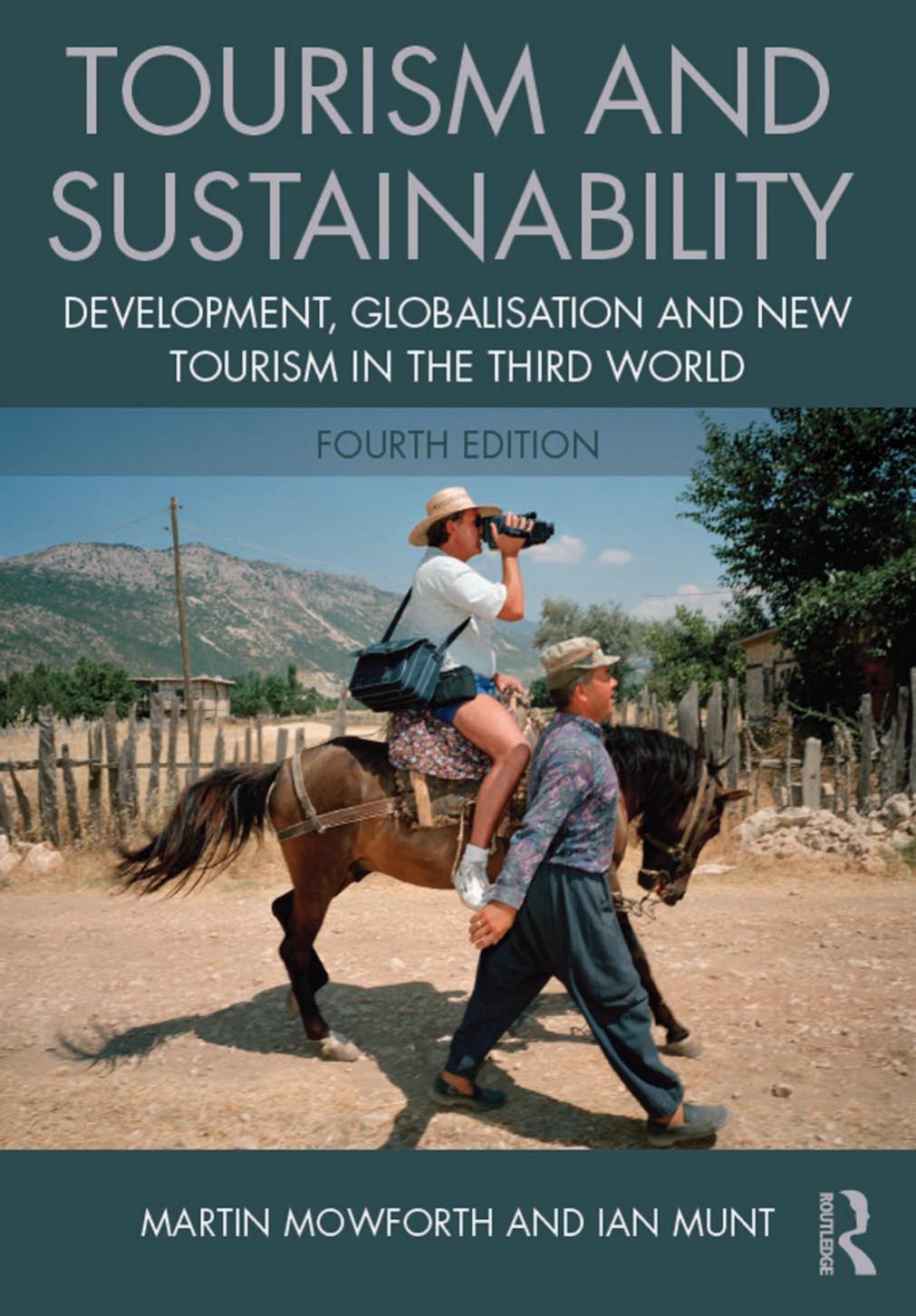Tourism and Sustainability: Development, Globalisation and New Tourism in the Third World by Mowforth Martin Munt Ian

Author:Mowforth, Martin,Munt, Ian
Language: eng
Format: epub, pdf
ISBN: 978-1-317-74722-2
Publisher: Taylor & Francis Ltd
The new financiers
The Overseas Private Investment Corporation (OPIC) is a US-based organisation that was established in 1971 as an agency of the US government to link US investors with investment opportunities overseas. Annually it transfers slightly more money from the US private sector to the Third World private sector than the United States Agency for International Development (USAID) manages with public money to public organisations in the Third World. One of the organisation’s special interest industries is that of ecotourism, and Box 7.8 illustrates the importance it attaches to ecological sustainability. In order to qualify for an OPIC investment scheme, which would help those requiring investment, any potential Third World developer must submit at least 25 per cent of the shareholding stock to the US investor. Effectively, this condition surrenders considerable control and power over the development to the investor. ‘There is no requirement that the foreign enterprise be wholly owned or controlled by US investors. However, in the case of a project with foreign ownership, only the portion of the investment made by the US investor is insurable by OPIC’ (OPIC, 1995: 3).
Box 7.8 OPIC’s ecotourism standards
OPIC-supported ecotourism projects seek to balance profitability with ecological sustainability and respect for indigenous cultures.
Ecotourism is a means of enabling tourist dollars to flow into local communities in developing countries while simultaneously conserving ecosystems and wildlife through responsible travel that preserves cultures and natural environments.
Tourism in natural areas can generate significant adverse impacts beyond those normally associated with large-scale tourism in commercial areas. The World Bank Guideline on Tourism and Hotels is designed for tourism in a conventional setting and does not address the specialised impacts of tourism in natural ecosystems.
As proposed in guidelines issued by Conservation International and the Ecotourism Society, all [OPIC-supported] ecotourism projects should address the following issues: (1) A comprehensive plan to protect ecological integrity and enhance community participation. (2) Local community capacity building that provides necessary skills for ecotourism development, while ensuring that this development merges with traditional practices. (3) The primary revenue source of the project must be directly linked to the conservation effort. As a result, OPIC-supported ecotourism projects can be a profitable conservation and community development model.
Source: OPIC (2004: 21)
Download
Tourism and Sustainability: Development, Globalisation and New Tourism in the Third World by Mowforth Martin Munt Ian.pdf
This site does not store any files on its server. We only index and link to content provided by other sites. Please contact the content providers to delete copyright contents if any and email us, we'll remove relevant links or contents immediately.
| Anthropology | Archaeology |
| Philosophy | Politics & Government |
| Social Sciences | Sociology |
| Women's Studies |
Cecilia; Or, Memoirs of an Heiress — Volume 1 by Fanny Burney(32546)
Cecilia; Or, Memoirs of an Heiress — Volume 2 by Fanny Burney(31944)
Cecilia; Or, Memoirs of an Heiress — Volume 3 by Fanny Burney(31929)
The Great Music City by Andrea Baker(31916)
We're Going to Need More Wine by Gabrielle Union(19034)
All the Missing Girls by Megan Miranda(15955)
Pimp by Iceberg Slim(14488)
Bombshells: Glamour Girls of a Lifetime by Sullivan Steve(14057)
For the Love of Europe by Rick Steves(13907)
Norse Mythology by Gaiman Neil(13348)
Talking to Strangers by Malcolm Gladwell(13347)
Fifty Shades Freed by E L James(13232)
Mindhunter: Inside the FBI's Elite Serial Crime Unit by John E. Douglas & Mark Olshaker(9320)
Crazy Rich Asians by Kevin Kwan(9277)
The Lost Art of Listening by Michael P. Nichols(7494)
Enlightenment Now: The Case for Reason, Science, Humanism, and Progress by Steven Pinker(7306)
The Four Agreements by Don Miguel Ruiz(6744)
Bad Blood by John Carreyrou(6611)
Weapons of Math Destruction by Cathy O'Neil(6264)
